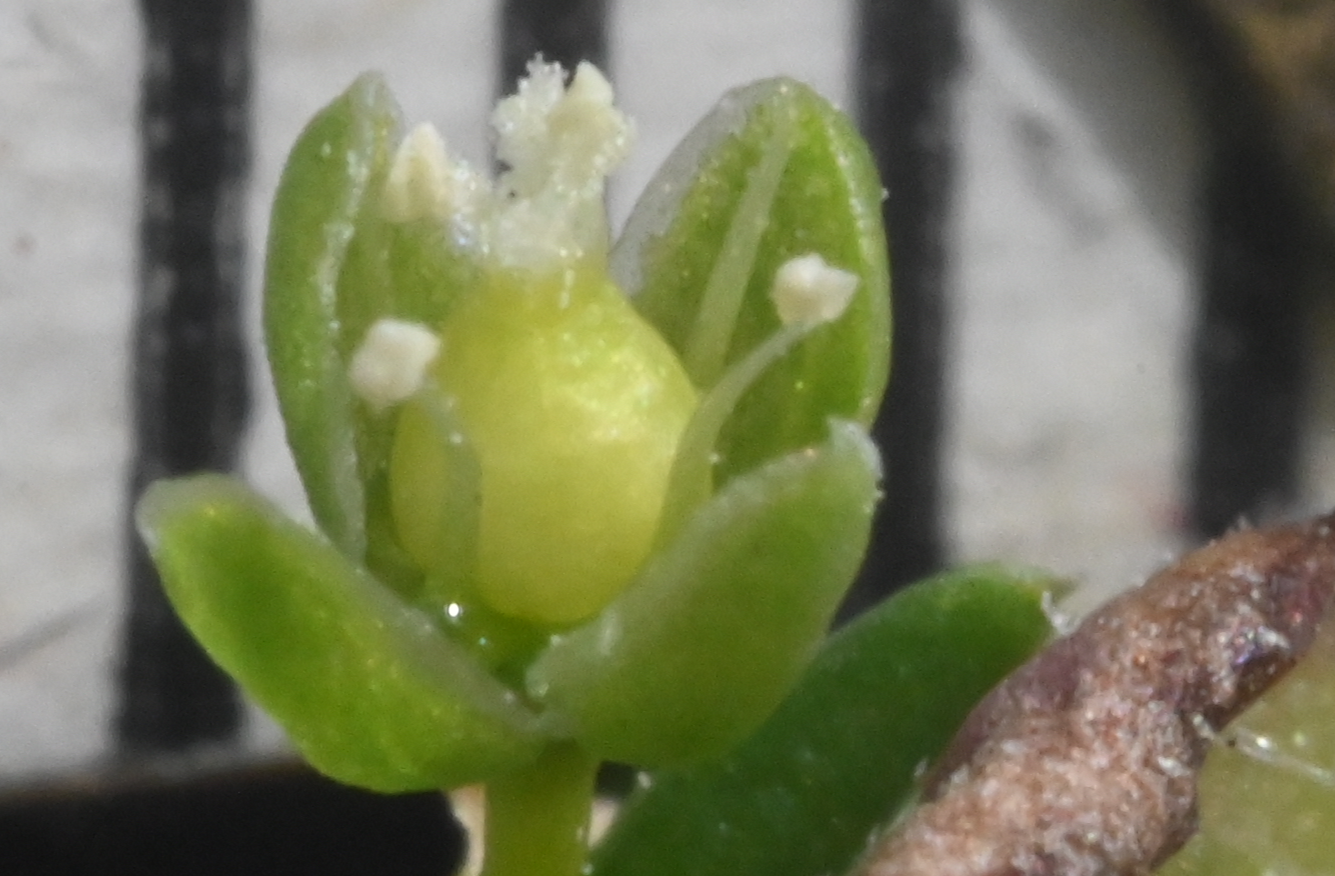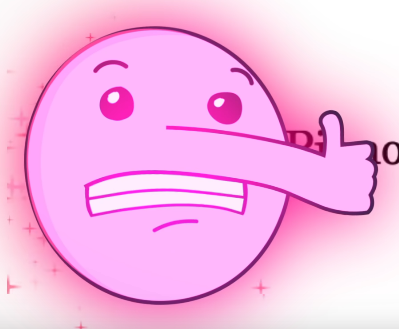I’ve been interested in photographing bees recently. Rather than buy a macro lens, I spent $32 on a 10mm and 16mm Meike extension tube. Photos are with an A9II + Sigma 35mm f/2, which normally offers a 0.18x magnification. All four are taken as close as the lens will focus. I’m very happy with image quality, especially given that this lens doesn’t have a super flat focal plane at its minimum focal distance.
For anyone who tries an extension tube for their first time: you won’t be able to focus very far in the distance (beyond about 1 foot in my case). Be ready to get up close and personal.
Didnt realize this was about photography and was wondering what wine bottle extension tubes are.
/nocontext, lol. Browsing new? I was hoping the text in the image would give those subed here a good hint :(
Yeah i always want the raw unfiltered internet experience
Didnt realize this was about photography
Nah, that community name was just for kidding…
Extension tubes are fun. I forgot whether I used an extension tube or a reverse adapter for this one:

That’s a millimeter per black line in the background.
Is that a climbing onion blossom? I forget the name; some have called it an “African Beach (beech?) Onion.”
I’m kinda assuming it’s (copying the common names in English from Wikipedia) procumbent pearlwort/birdeye pearlwort/matted pearlwort, but I am not at all sure
I was way off! I thought it was one of these:

I wish I’d had better capabilities when I took that photo…
Extension tubes are pretty fun, but I didn’t like the light falloff and got annoyed with the manual focus when trying to photograph things that move a little bit such as living ants or the iris of people’s eyeballs. My very first intro to macro was reverse-lens photography where you simply use your lens backwards.
Eventually for macro without a macro lens, I settled on a stack of lens filter step up/step down adapters and one male-to-male filter adapter to reverse-mount my 50mm lens onto any other lens of choice. I also got a body mount to filter adapter so that I could protect the back glass with a UV filter and add a macro ring flash. This whole setup gives you at least a modicum of autofocus, which helps tremendously. Granted, you end up with some extreme fisheye and barreling around the edges of your image, which means you’ll lose some fidelity cropping out the garbage.
None of this is necessarily advise anyone should take, just offering you some more ideas to have fun with. Also, check out macro rack focus rigs, those are crazy-fun. This was also a pretty incredible story around the time I started really getting into macro, you might get some rig ideas with today’s more easily accessible technology.
These extensions tubes have all the electrical contacts for AF to keep working. I’m using an A9 and the AF seems unphased as long as you’re under the maximum focal distance.
Hot damn ain’t technology great! I couldn’t afford the active extension tubes, I was too poor from buying vintage USSR lenses and ridiculous attachments.
I do like the idea of flipping a lens around and am very tempted to give it a shot. I feel like this would work better on manual glass. Most of my mirrorless stuff is focus by wire, with the exception of an older sigma 35mm. They all have electronic apertures :(
I was shooting on Nikon back when I was experimenting with macro, and the reversed lens I was using was a nifty fifty.
I think part of the reason I ended up getting more into landscape panoramas than macro was that the cost of entry for high-quality results was lower
They also make screw on macro lenses.
Like a magnifier that goes in front of the lens? I’ll have to do some googling, thanks!
Yep, there can be a good amount of chromatic aberration especially on the thicker ones, but sometimes that looks cool.
If you use the same mm of tubes as you do for your lens then you double the magnification. Meaning if you put 50mm worth of tubes on a 50mm lens you will get 2x as much zoom. This is a great way to get to 1:1 macro scales.
I was really surprised how much difference even the 10mm tube made on a 35mm lens. I am not sure how far I’m going to ultimately take this because I think I want a longer focal length (yay flighty bugs) and the amount of tube needed would be a bit excessive. I had OK luck with my 150-500, which offers a minimum focal distance of around 23" and a magnification of 0.32 at the wide end. Sadly, zooming pushes the minimum focal distance out.
The main thing with bugs is to move slowly and never cast a shadow over top of them. If you can do that, then you will get a lot more bug pics.
Oh and I’m sure you already know this but you will also need a flash and diffuser if you want to do any kind of macro.



